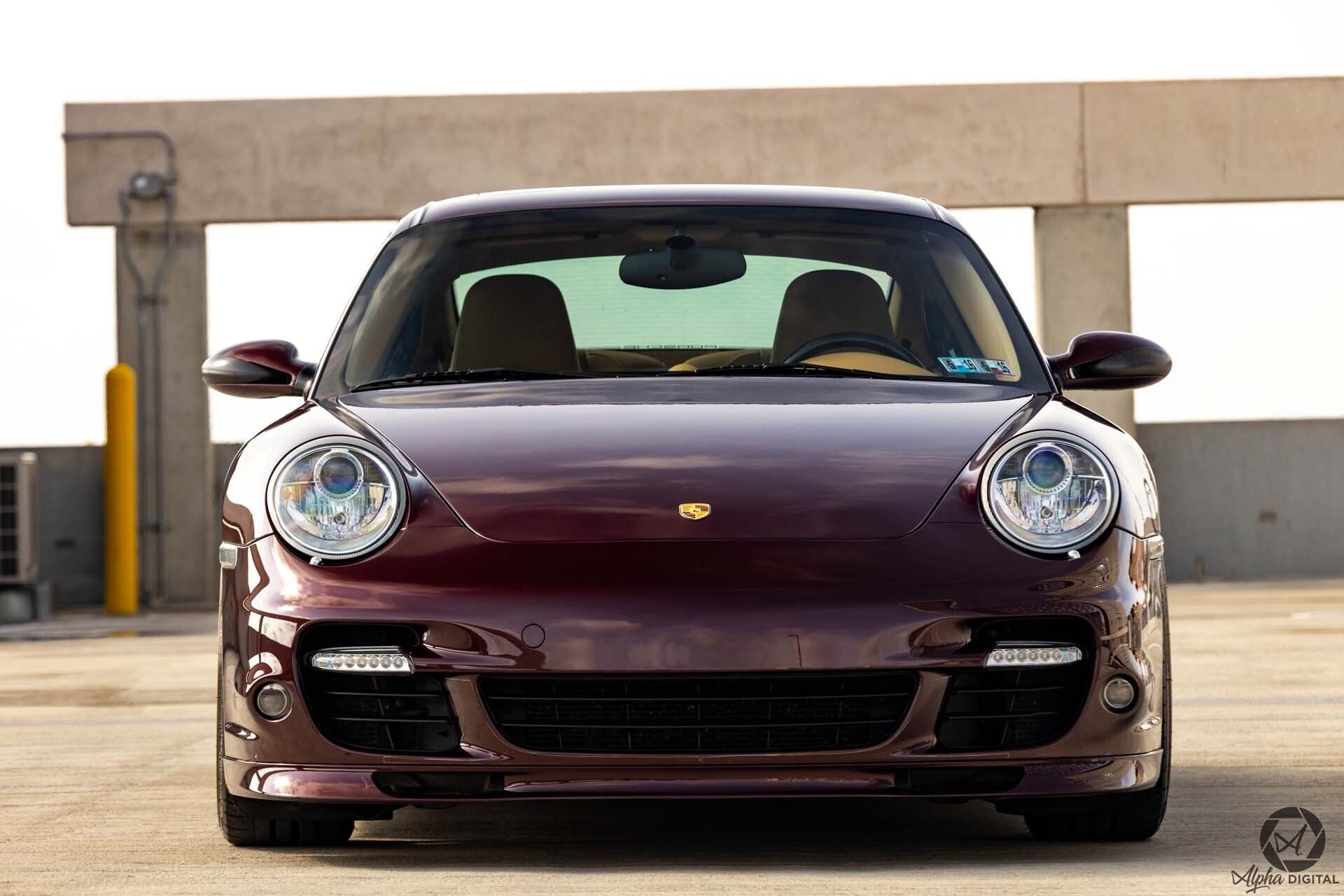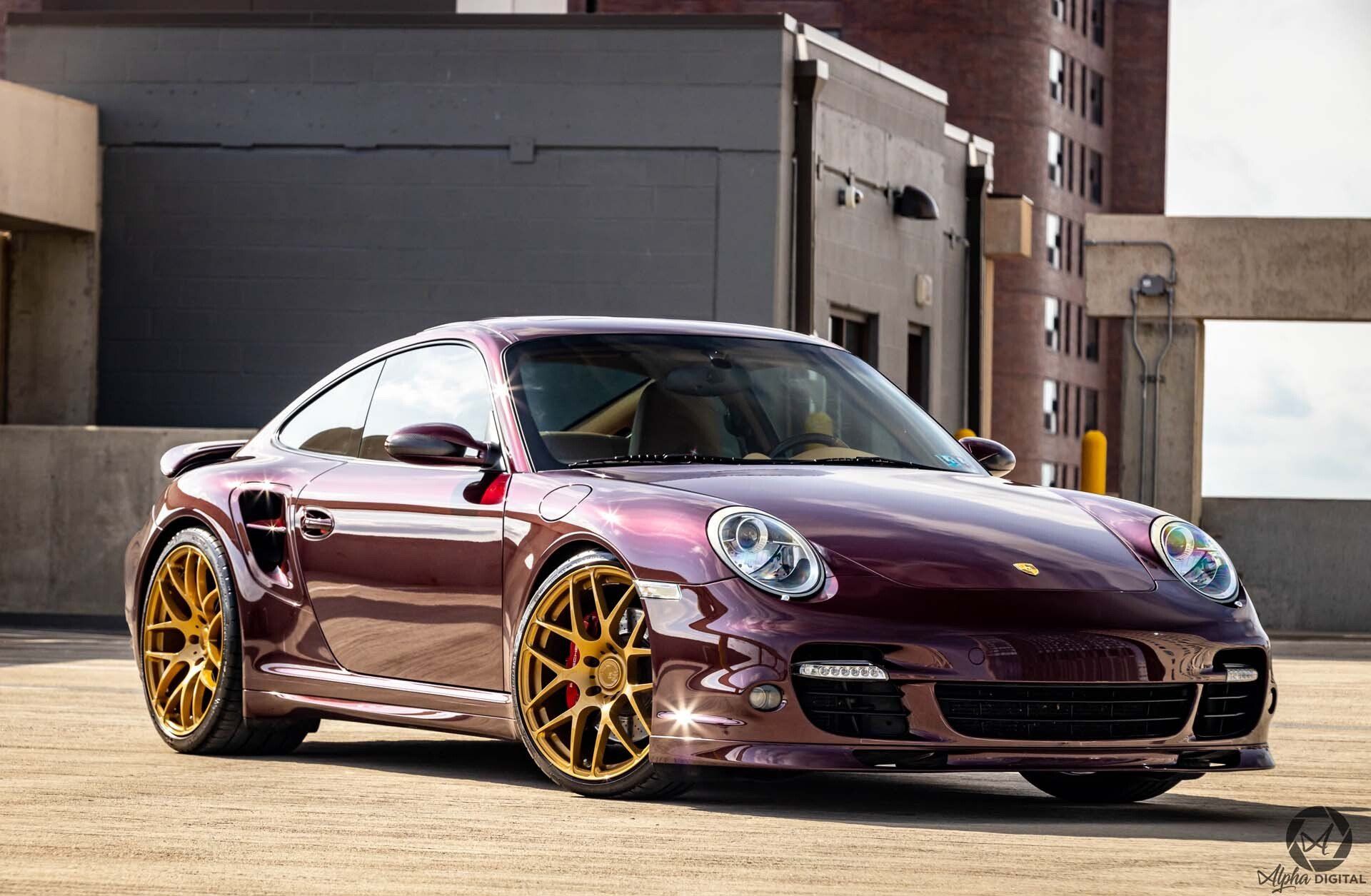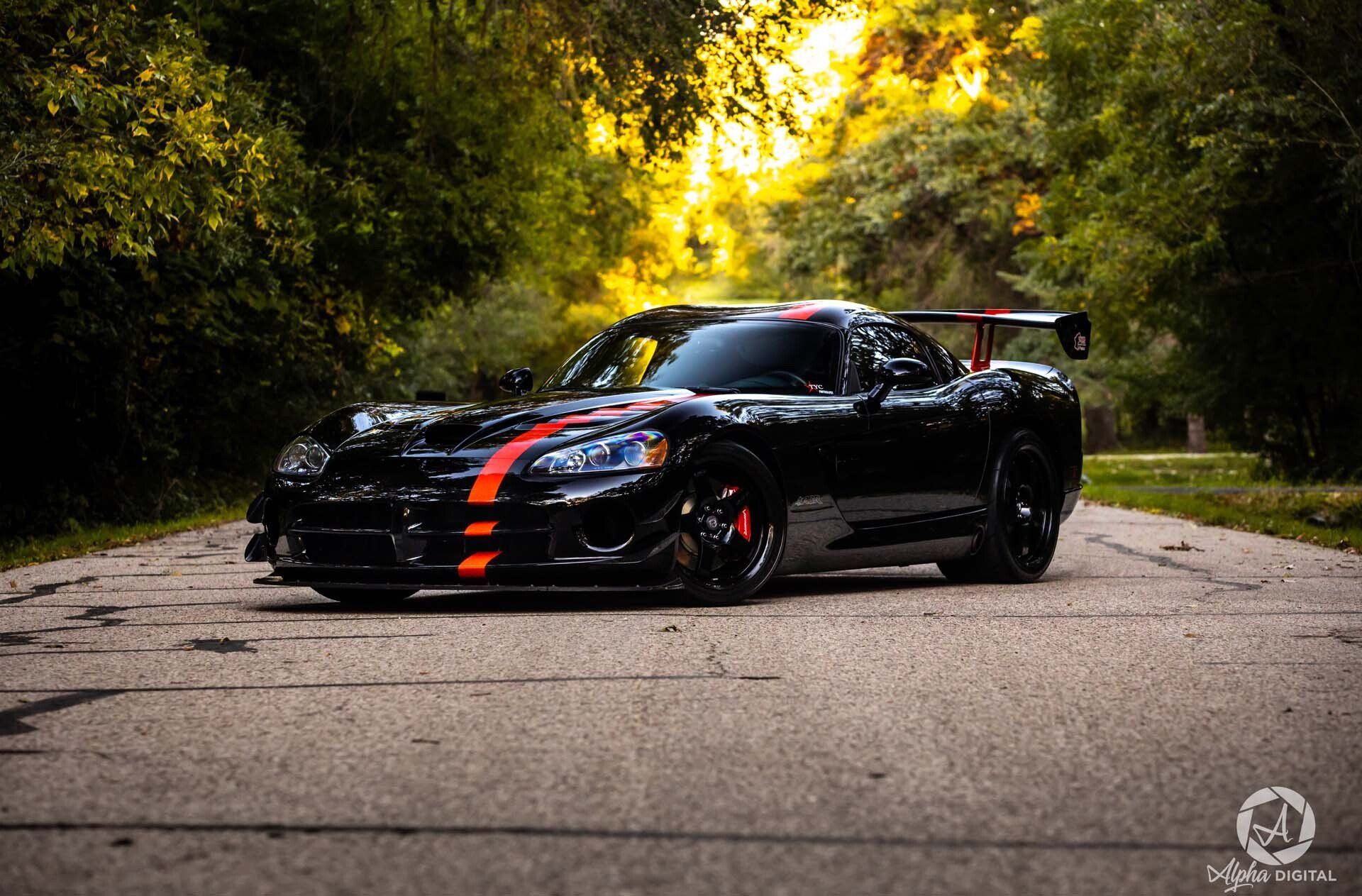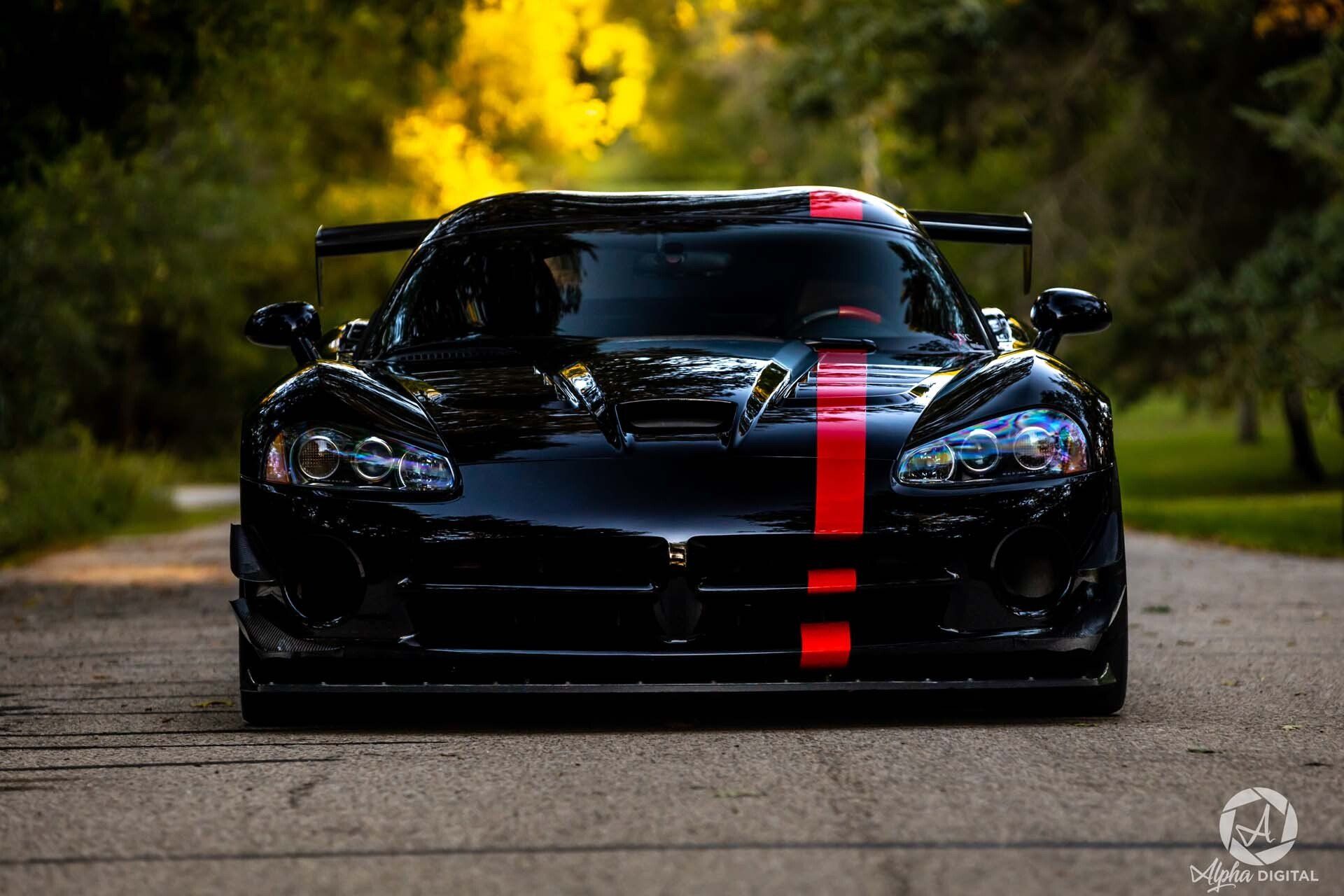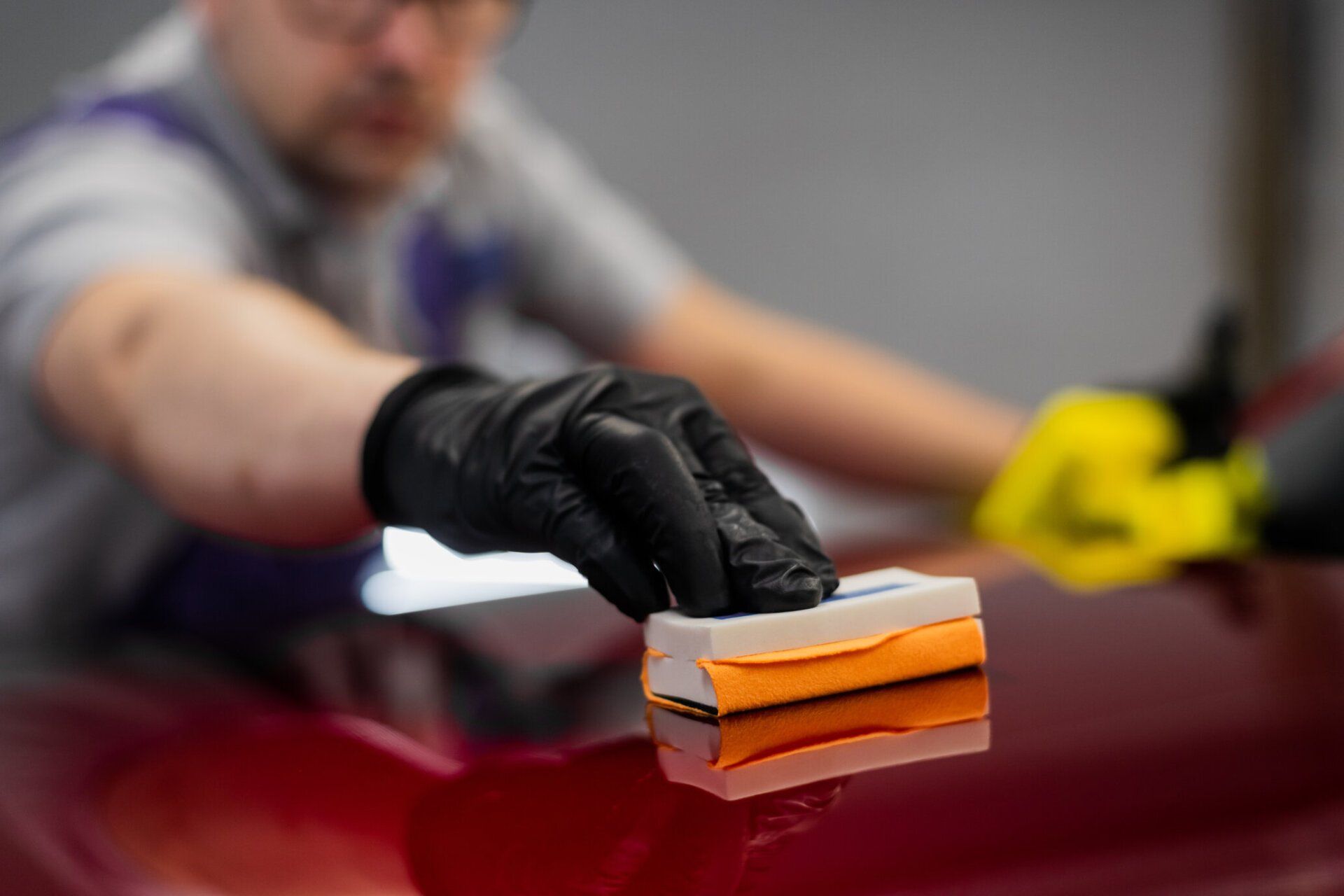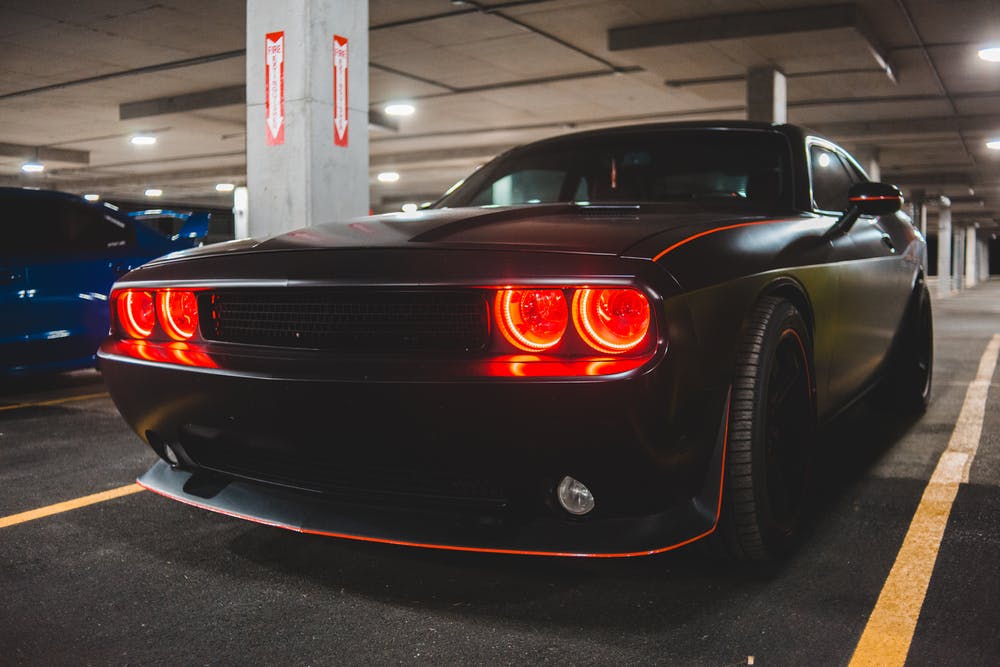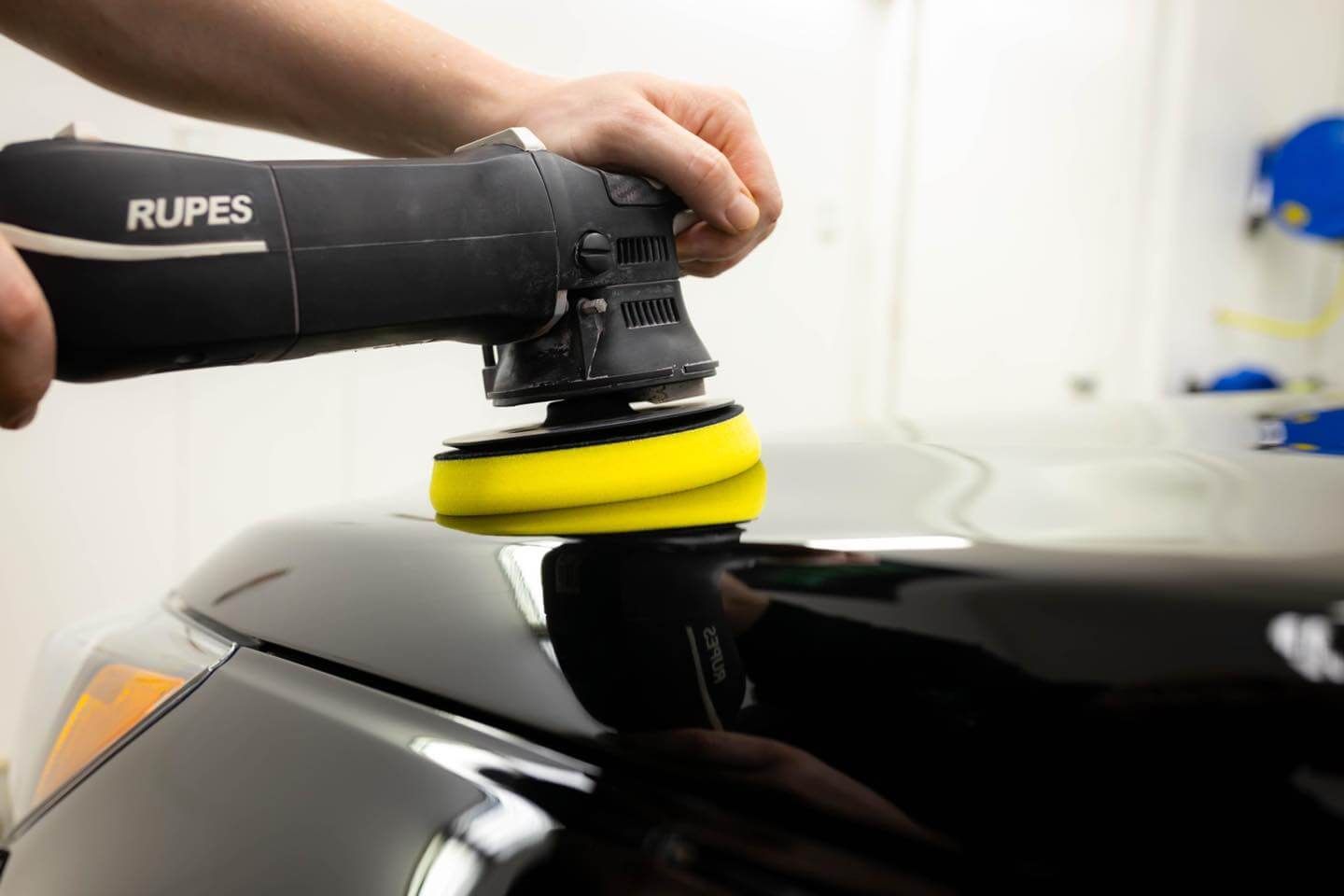Both DIY and professional ceramic coatings aim to achieve the same goal: protecting your car’s paint and presenting a glossy finish. While DIY kits promise simplicity, professional ceramic coating experts bring specialized tools, experience, and expertise into play. This might surprise some, but the shine we admire on cars doesn’t solely depend on the quality of the ceramic coating but also on the method of application used. So before deciding whether to do it yourself or hire a pro, remember that, at the end of the day, it’s not just about what you use but rather how you apply it.
When deciding between professional and DIY ceramic coating, it's important to consider your level of expertise, time commitment, and desired outcome. While a professionally applied ceramic coating offers superior results and long-term benefits, a well-executed DIY application can also provide good protection if proper preparation, technique mastery, and adherence to product instructions are prioritized.
Benefits of Ceramic Coating Application
Ceramic coatings aren't just an extra layer of protection for your vehicle; they represent advanced paint protection that surpasses traditional waxing and sealants. One significant advantage is their capability to shield the car's paint from harmful environmental elements and UV rays. When the sun shines down on our vehicles, it doesn't just harm our skin but also affects the clear coat on the car. UV rays oxidize and break down the clear coat over time, leading to dullness and discoloration. Ceramic coatings act as a barrier by blocking and dispersing UV rays, thus preventing oxidation and maintaining the original color and appearance of the paint.
Additionally, ceramic coatings create a hydrophobic surface, meaning they repel water. This feature significantly eases routine car washing and maintenance. Imagine rainwater beading up on your car's surface and easily rolling off rather than creating splotches and marks; it's like having a shield against water spots. Moreover, these coatings offer an everlasting shine. Unlike traditional waxes that eventually wear off, ceramic coatings provide a long-lasting glossy finish. The reflective properties enhance the depth and clarity of your vehicle's paintwork, giving it that coveted showroom shine year-round. These benefits make ceramic coatings an attractive choice for any vehicle owner looking to preserve the quality and appearance of their car's paint.
DIY Applications vs. Professional Services
DIY Ceramic Coating
Many car owners opt for DIY ceramic coating kits as an affordable way to achieve professional-level results, but it's important to understand what this process involves. These kits are designed to be applied by car owners themselves, making them a popular choice among those who enjoy hands-on maintenance. If you're someone who loves taking care of your car and isn't afraid of a bit of hard work, this may be an appealing option for you. However, achieving that flawless, showroom-quality finish with a DIY kit is no small task. It demands attention to detail, dedication to meticulous preparation, and cautious application. Think about it as a bit like painting a masterpiece—if you rush or don't follow the instructions closely, you won't get the picture exactly right.
Professional Ceramic Coating Services
On the other end of the spectrum, skilled technicians with all the necessary training and expertise offer professional ceramic coating services. They are well-versed in the intricacies of ceramic coating, allowing them to deliver superior results through precise application techniques, thorough cleaning, and skillful layering of the product. This often results in higher concentrations of active ingredients being used, ensuring a longer lifespan for the coating—typically around 3-8 years—compared to DIY alternatives.
Choosing between DIY and professional ceramic coatings largely depends on your comfort level with car maintenance tasks and your expectation of long-term benefits. While DIY options can be cost-effective and rewarding for those with the time and patience for preparation, professional services provide peace of mind through their high-quality outcomes and extended warranties against defects or premature failure. Some car enthusiasts argue that investing time to learn how to apply ceramic coatings on oneself can yield long-term benefits in terms of saved costs and understanding how to maintain the coating over time. However, it's crucial to acknowledge that mistakes are common during initial attempts, emphasizing the necessity of practice and experience in mastering the technique. Both DIY and professional ceramic coating methods have their distinct advantages, but understanding the differences in outcomes and long-term implications is vital in making an informed decision tailored to your specific needs and preferences.
Comparing Cost and Materials: Professional vs. DIY
When it comes to ceramic coating, two paths are available: hiring professionals or doing it yourself. One of the important factors influencing this decision is cost. Let's break down the costs and materials involved in both options so you can make an informed choice based on your specific needs and budget.
Professional Ceramic Coating
The price of professional ceramic coating can vary greatly depending on several key factors, such as the size and condition of your vehicle and any additional services, like paint correction, that you might want. Generally, however, you can expect to pay anywhere from $1,000 to $5,000 or more for professional ceramic coating services. Along with these higher costs come better quality guarantees, expertise, and experience from trained professionals who understand the intricacies of applying ceramic coatings. Moreover, professional services often come with warranties that provide added peace of mind. These warranties typically cover things like protection against environmental effects and hydrophobic properties. Essentially, you're paying for a comprehensive service that not only includes the application of the ceramic coating but also meticulous preparation and attention to detail that ensure optimum results.
DIY Ceramic Coating
On the other hand, taking the DIY approach to ceramic coating involves purchasing tools and supplies, which may cost around $300 or less. This upfront investment has the potential to save you a significant amount of money compared to paying for a professional application. However, achieving professional-level results through a DIY application requires more than just having the right materials; meticulous preparation, mastery of application techniques, and a thorough understanding of product instructions are crucial. With careful execution and adherence to the product’s guidelines, DIY applications can provide impressive results at a fraction of the cost of professional services. However, it's important to keep in mind that without proper technique and preparation, subpar results may occur and impact the longevity and effectiveness of the coating.
While professional ceramic coating services offer quality guarantees along with expert application and comprehensive care, DIY applications provide an opportunity for substantial cost savings. It's about weighing these factors against your budget and how much value you place on professional expertise when deciding which route to take.
Quality Results: Professional vs. DIY
When it comes to ceramic coating, the end result is what truly matters. Professional ceramic coating services are known for delivering outstanding outcomes due to their unrivaled skill, precision, and specialized tools. The process begins with thorough cleaning and preparation, ensuring that the vehicle's surface is free from any imperfections that could affect the bonding of the ceramic coating. Additionally, professional detailers are adept at applying the ceramic coating in meticulous layers, ensuring even coverage and maximum effectiveness.
The high concentrations of active ingredients in professional-grade products contribute to their enhanced durability and longevity, providing a protective layer that can last for 3-8 years. This extended lifespan offers peace of mind to car owners, reducing the need for frequent reapplication and maintenance. Professional ceramic coatings come with warranties against defects or premature failure, providing customers with additional reassurances regarding the quality and durability of the applied coating. This level of accountability ensures that customers receive lasting benefits from their investment in professional services.
Conversely, when it comes to DIY ceramic coatings, achieving comparable professional-level results requires meticulous attention to detail throughout the entire application process. DIY ceramic coatings necessitate thorough preparation, precise application techniques, and patience during the curing period for optimal results. One of the key challenges involves detailed cleaning to ensure that the vehicle's surface is entirely free from contaminants before applying the ceramic coating. One essential aspect of DIY ceramic coating is achieving even coverage during application. This requires a steady hand and a methodical approach to ensure that every part of the vehicle's surface receives adequate coating for effective protection. Moreover, proper curing time is crucial for DIY ceramic coatings to achieve optimal hardness and durability. Rushing through this stage can compromise the effectiveness of the coating and lead to subpar results.
Advantages of Professional Ceramic Coating Application
When it comes to ceramic coating your vehicle, professional application offers several distinct advantages. Experienced technicians undergo specialized training and have access to high-quality tools and materials. This expertise ensures precise application and a thorough understanding of the best practices to provide long-lasting protection for your vehicle. This is unlike DIY applications, where professional performance can offer peace of mind and higher quality outcomes. One of the primary benefits of opting for professional ceramic coating is the durability and longevity it provides. Professional-grade products used by trained technicians are typically more advanced and can provide several years of protection with minimal maintenance. This means that you won’t have to worry about frequent reapplication as compared to DIY coatings. Additionally, long-term benefits make professional ceramic coating a worthwhile investment, often accompanied by warranties for added assurance.
Moreover, professional ceramic coatings are known for their superior quality outcomes. The meticulous approach taken by experienced technicians results in an immaculate finish, elevating the gloss and appearance of the vehicle’s paint. Achieving this level of precision is challenging with DIY applications, making professional services desirable for those seeking impeccable results. It’s essential to consider the time-saving benefits offered by professional ceramic coating. With a team of experts handling the application, you can save yourself the hassle of learning the intricate techniques required for a successful DIY application. The convenience of having professionals take charge not only ensures a high-quality outcome but also provides you with peace of mind, knowing that your vehicle is in capable hands.
Opt for the Best Ceramic Coating Installation in Stewartville, MN
Elevate your vehicle's shine and shield it from the elements with Five Star Automotive Detailing, the unrivaled destination for
premier ceramic coating services in Stewartville, Minnesota. Our seasoned professionals specialize in delivering a flawless finish, ensuring your car not only looks stunning but also enjoys long-lasting protection. Say goodbye to DIY struggles and opt for the expertise of Five Star Automotive Detailing. Trust us to bring out the best in your vehicle, providing it with an enduring shield against contaminants, UV rays, and daily wear. Transform your car into a work of art with our exceptional ceramic coating services—schedule an appointment now or call us at
507-213-3561 and experience the pinnacle of automotive care in Stewartville!


